A MANIFESTO DECLARED BY: THE ARABIC COVER DESIGN ARCHIVE
January 1st, 2021
We are designers, artists, and thinkers from the Arabic-speaking lands with an intertwined foundational thread that connects us.
Prologue
Our supposed identity is in a dormant state. Even the pursuit of what it might be has been obscured and obfuscated. Even the scarce traces of our history have been distanced from us, fragmented, scraped, and dumped. The challenge for us is far greater than it has ever been and, thus, will be far more glorious when overcome.
Once again, we are coerced into witnessing our identities being shaped by a Western gaze upon our societies and cultures. Forces are dictating what and how we should learn, what has aesthetic value, what framework to use to extract meaning from our own experiences, what is interesting, what is accepted, what is civil, what sounds nice in our language, how to think, thus, shaping both our identities and our cultures. These forces are not currently being contested in any effective way.
“Can we intervene and affect the variables that contribute to the formation of our being?”
This manifesto is a promise that we will, at the very least, TRY. To our future selves and future generations, we will resist, counter, and subvert the current order of things which is far more ingrained and damaging than it may appear. We then hope to hand you over something a little more tolerable. We promise we will try to regain our ability to represent and define ourselves. We will be gregarious, relentless, passionate, skeptical, critical, and vigilant and invite everyone to be too.
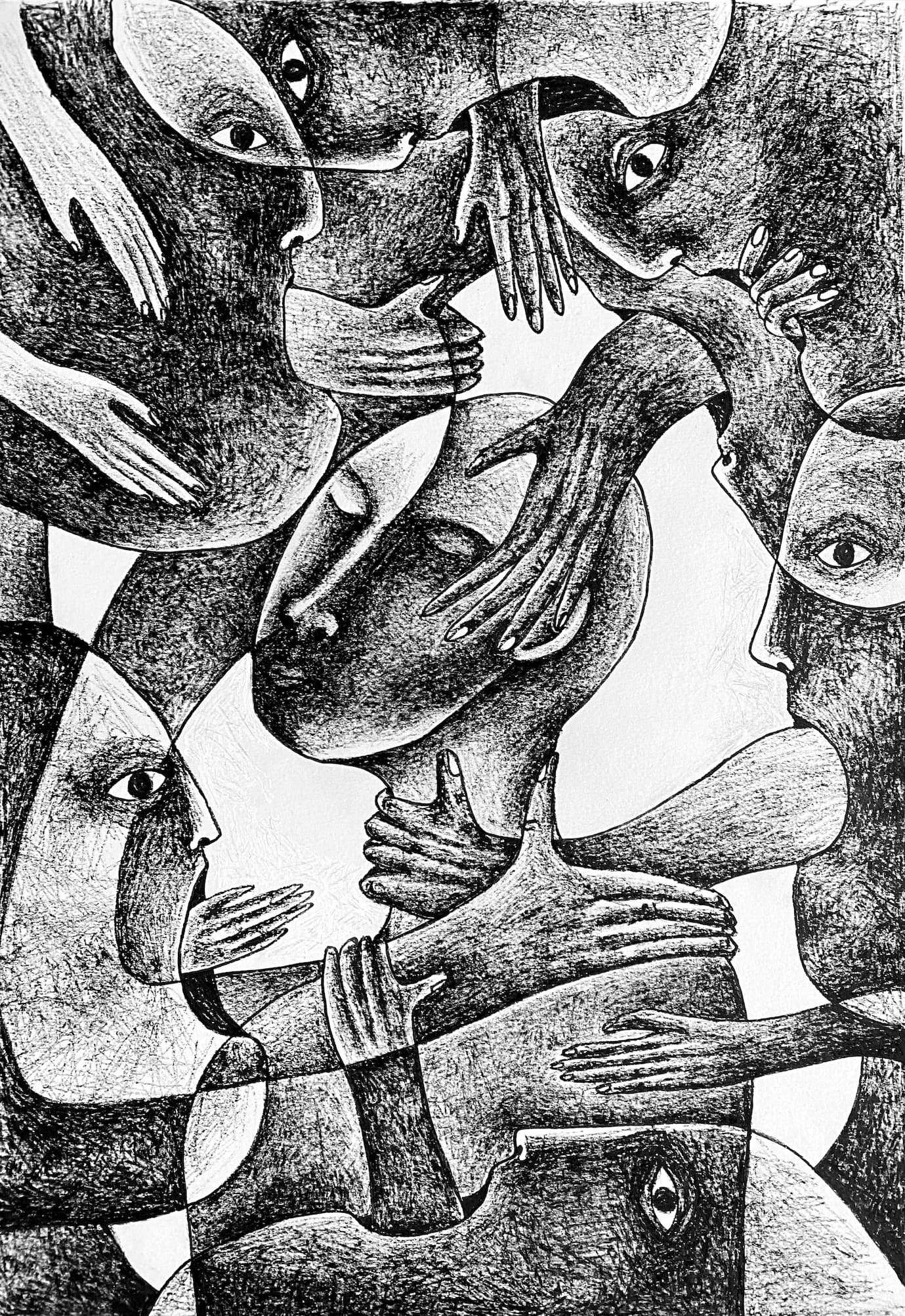
Melissa Chalhoub
2021
The reality being mass-produced daily is hideous: the language doesn’t belong to us; we don’t even like it in that it doesn’t feel like it’s ours – it’s alien and crude. It assaults us as it is imposed upon us by the current unmediated flow of visual, textual, and conceptual hyper-production.
We have become mindless consumers of our identities, a by-product of a new hybrid form of colonialism. A form; far more intrusive and pervasive that shape-shifts on the body it inhabits, infects it, and incrementally terraforms it. Think of it as The Thing of social phenomenons, an extremely hostile shape-shifting organism with the ability to exploit the specific systems of its host to survive and proliferate.
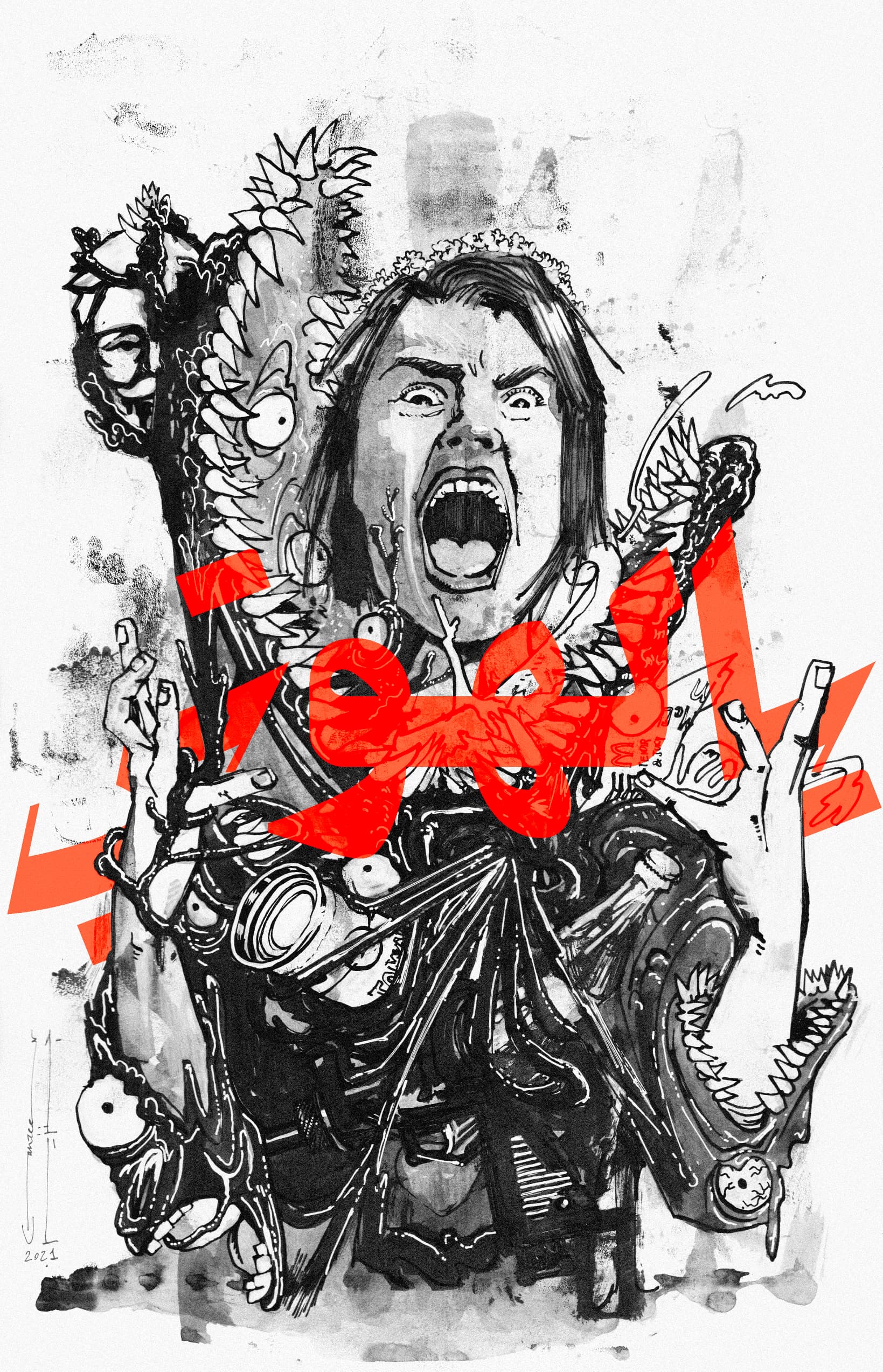
Ganzeer
2021
Everyone is to blame, including ourselves.
Our Universities Nurture It
- Hiring Western talents with disproportionate salaries to their equivalent and sometimes more qualified Arabs.
- By relying on Western standards and education while positioning Western thinking and language as the pinnacle of progressiveness and modernity.
- By contributing to the inaccessibility of information: by locking away historical materials in their private, exclusive, classist, elitist archives that are only reserved for their benefits and then selling itself back to us.
- And by falling behind the times, becoming rusty, and conforming to how things always have been rather than looking forwards and leading the way to change. In doing so, they have become the tool that ensures we reproduce conformity.
We Accept and Facilitate It
The definition of we in this context is used loosely
- By participating in the mechanisms that lead to its validation.
- By not opposing it.
- By not criticizing it at all or even worse, by criticizing whoever is criticizing it. We have created the perfect panopticon.
The Marketplace Rewards It
- By paying us for it.
- By maximizing profit at the expense of considering the wider culture.
Societies Legitimise It
- By not addressing the far reaching and harmful inferiority complex.
- By losing the ability to self-reflect and mediate challenges.
- By not demanding a more relevant culture.
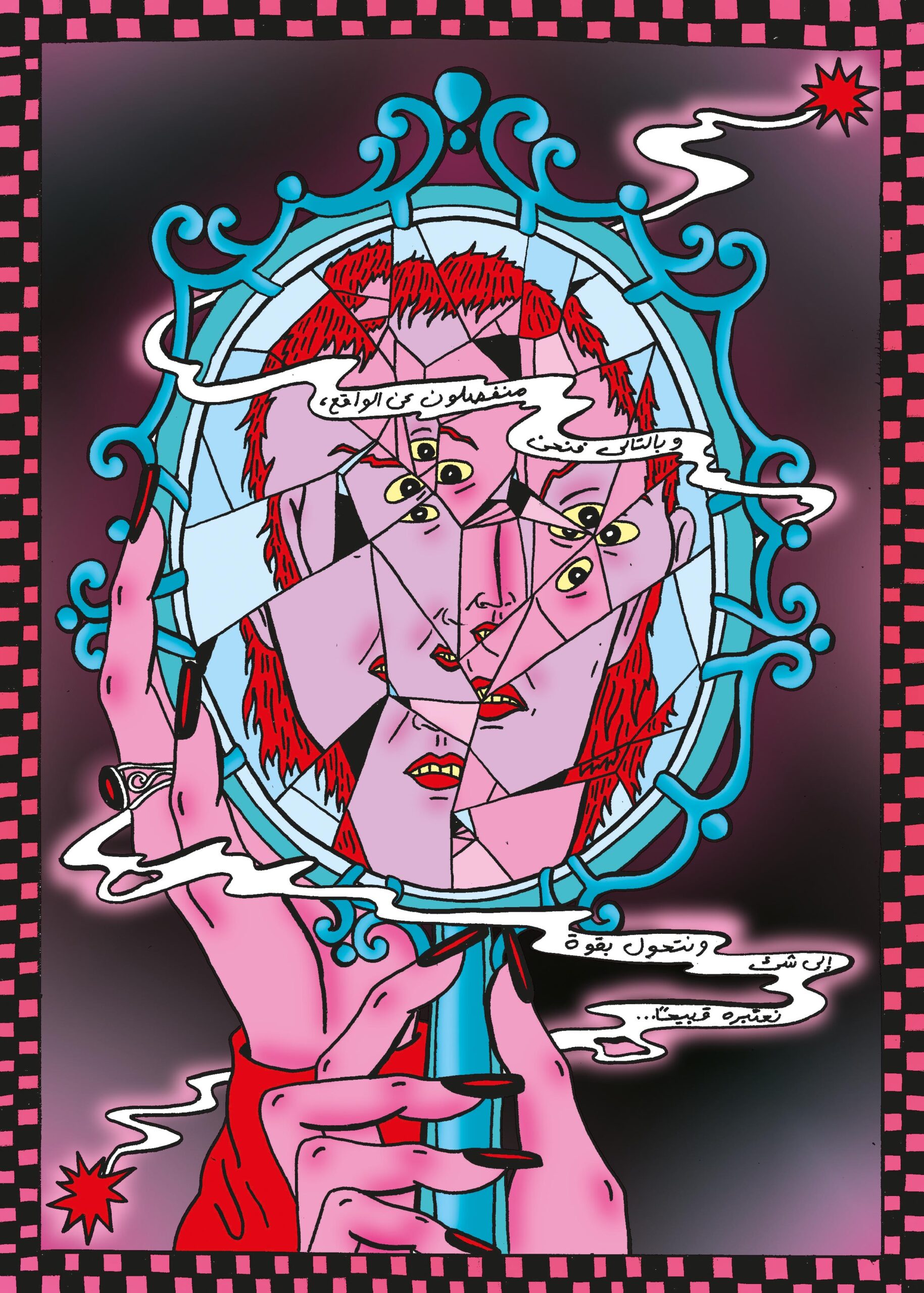
Céline Raffy
2021
Thus, we are detached from reality and forcefully shaped into something that we deem ugly. We have looked into the mirror and we are horrified by the spectacle of our being. Yet it’s also the reason for our awakening.
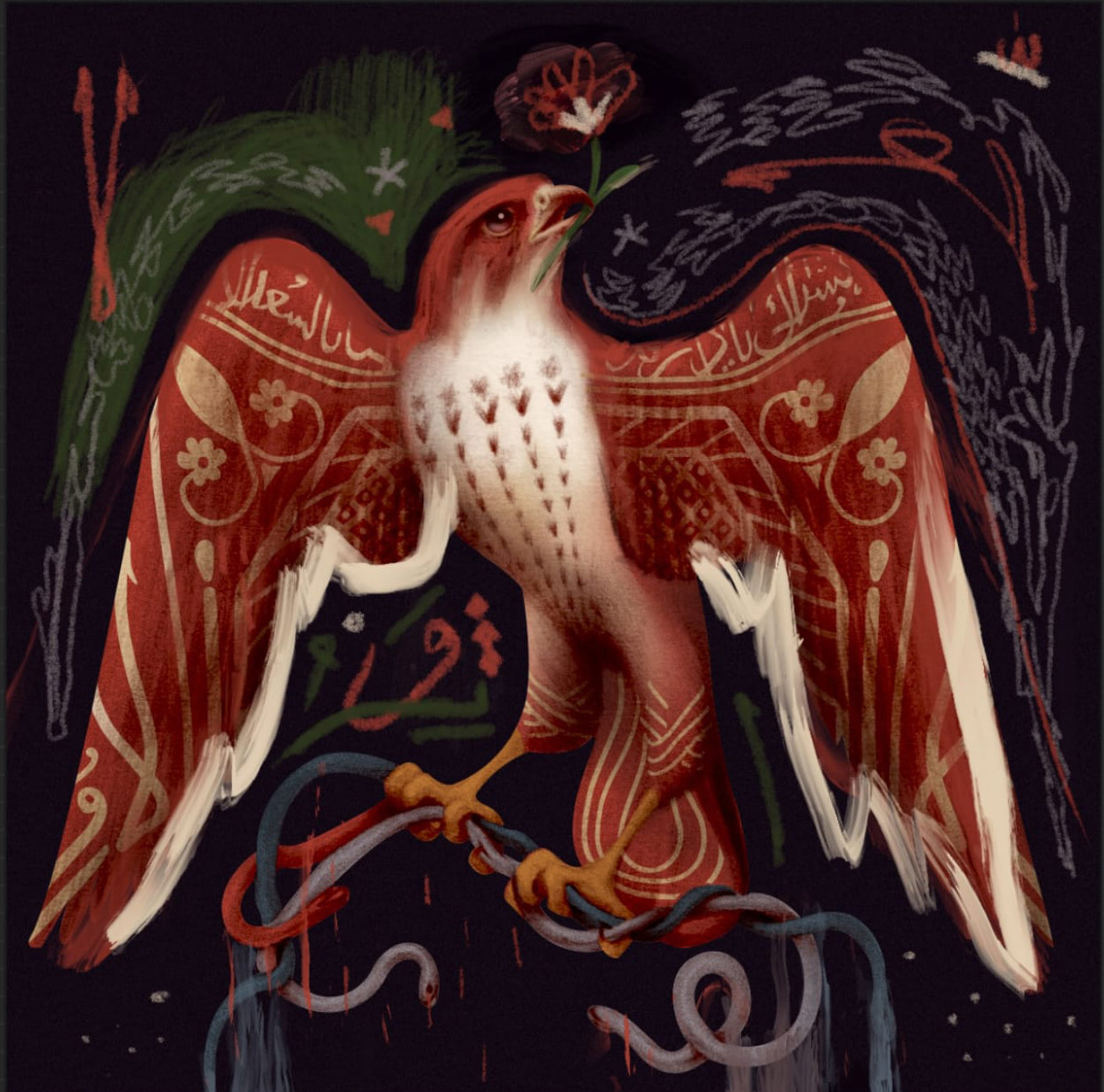
Muhammad Mustafa
2021
We declare rejection of these things in their totality, and we will look for something that belongs to us. What is ours is out there; we have seen it, touched it, and heard it. It’s calling for us, when we pay enough attention, we can hear it scream. Locked from the public eye, it lies in cold, deserted rooms, mistreated and/or inaccessible. Between it and us are the WALLS of bureaucracy, discrimination, paranoia, exploitation, rigidness, classism, regressivism, suspicion, oppression, hypocrisy, commercialism, and distrust.
Our inherent right is for that material to be preserved and made accessible to all those it may concern, THE PUBLIC.
A Manifesto Within a Manifesto:
When we started, there were little to no archiving initiatives, but since we’ve progressed, we have seen a burst of similar regional approaches. This makes us thrilled and hopeful about the future. But we need more.
Methods For Others Who Are Aiming to Archive:
• Don’t archive what is already being archived. If you find someone who is archiving what you want to archive, reach out and join forces.
• Remember that ARCHIVES SHOULD NOT HAVE AN AUTHOR.
• Remember that archiving is not a gimmick.
• Prioritize quality, rigor, and inclusiveness.
• Remember that archives are not images and videos, they are information and context.
Start to gravitate, cluster, group, collaborate and unify.
For Practicing Designers, Artists, or Their Relatives:
If you have work that is yours or of one of your family members, get in touch with us; we can redirect you or help you preserve it.
• Please don’t discard or lock these away; get into the habit of archiving and documenting your work as you create it. Let us see it and make sure that future generations see it too.
For Private Collectors, Institutions, and Universities:
Some of you are using cultural heritage material that originally belonged to EVERYONE, and you are locking it away.
• Open up your collections and archives.
• Facilitate visits and research for EVERYONE. You have the capacity to do that, so do it.
For Designers, Researchers, Educators, Thinkers, and Artists:
We need all of you
• Reach out to younger individuals and mentor them.
• Create alternatives, counter cultures, and question everything.
• Assemble small communities, not bubbles, and open up access to other communities.
For Students:
• Be curious about your history and dust it off.
• Rethink everything.
• Seek mentorship.
• There are more ways designers can function in society – commercial work is not your only hope. If you can’t find what you like, create it.
For Cultural Institutions, Non-profits (National and International), and Philanthropists:
• Support archival projects, design research projects, and writing. Our societies truly need it.
We are finding ways to reconnect and assemble a response beyond borders and the physical. Together we will harness what is ours. We will free history from its archons, hypocrites, and dictators of documents and information.
WE DEMAND ACCESS TO OUR HISTORY
What We Need:
We need a change in protocol. A collective mindset shift. A radical rethinking of how we look at history and the criteria we use to define historical or cultural heritage materials.
Call to Action
We are calling for a regional movement for creating both physical and digital archives and a reimagining of the existing ones. We are calling for a reconfiguration of how we define cultural heritage material; a preservation of not just archaeological finds, but language itself, books, magazines, art, and culture. We should perceive all printed matter as historical documents.
An Open Ending:
Archives are our collective memory.
Archives are not just the past; they constitute the present and help us form the future.
Archives are a way for us to gain sovereignty of and autonomy over who we are and heal.

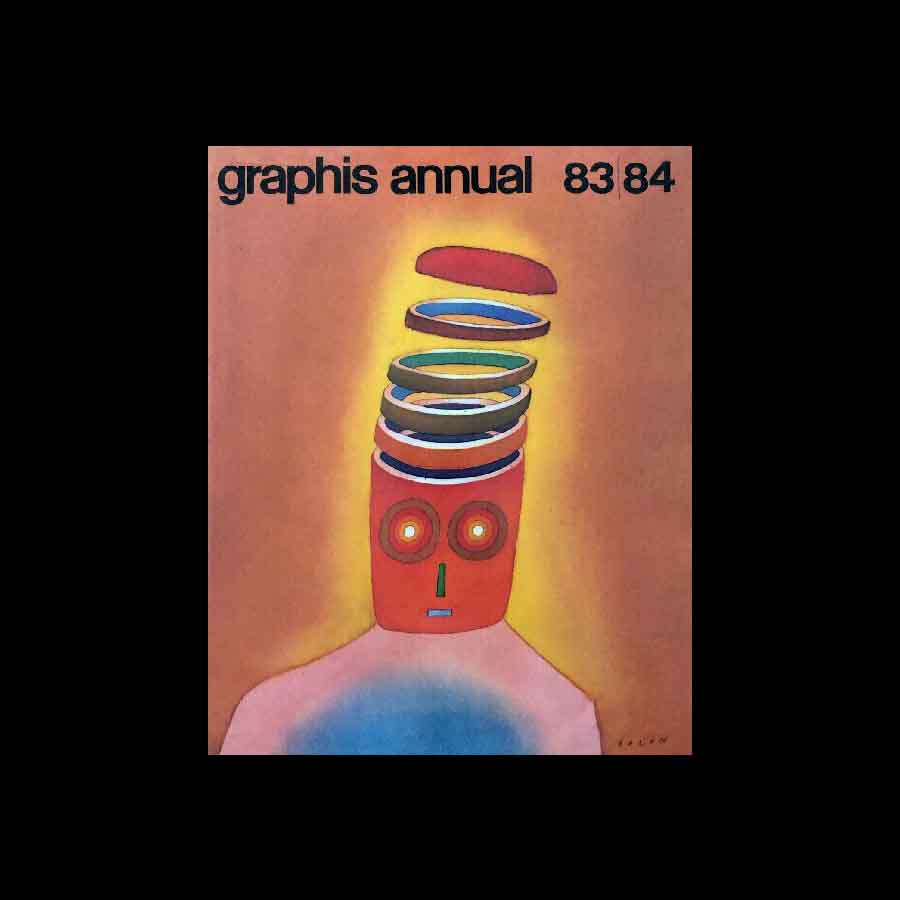
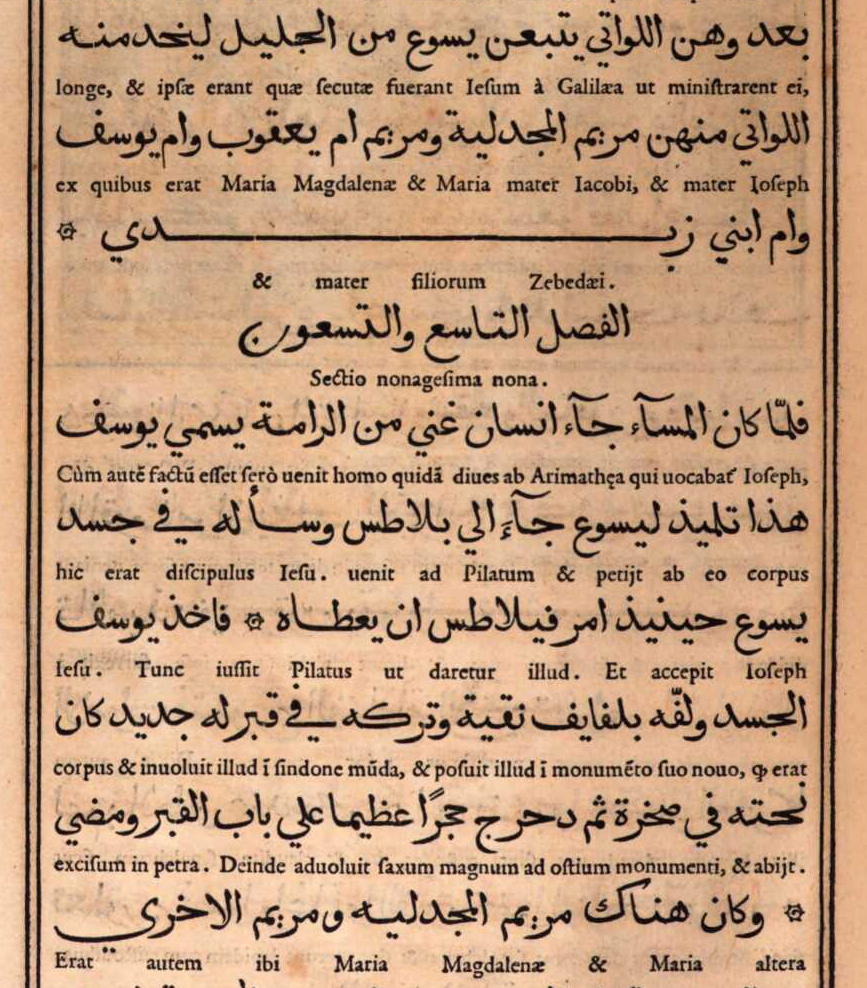
Haya Halaw-Syria
ماريا حبيب
Maria Habib
Lebanon
Tewa Barnosa – Libya
دانه الشيّاب // Dana Al-Sheyyab
الاردن // Jordan
Huda AbiFarès, Amsterdam
هدى أبي فارس، أمستردام
Fai Ahmed – Saudi Arabia
Fenna Zamouri, Brussels
فنة الزموري، بروكسل
Sarah Saleh, Amsterdam
سارة صالح، أمستردام
Kinda Ghannoum, Belgium
كندة غنوم، بلجيكا
ندى عبدالله، الامارات العربية المتحدة
Nada Abdallah, United Arab Emirates
Hessa Lootah – UAE
حصه لوتاه – الإمارات
علي رأفت، مصر
Ali Raafat, Egypt
فيّ أحمد – السعودية
Fai Ahmed – Saudi Arabia
روي سعاده، لبنان
Roï Saade, Lebanon
Mohamed FELLAH, Morocco
Basma Hamdy,
Egypt
Mariam Samy
مريم سامي
Awesome initiative and extremely well put 👍🏻
Aya Tarek
Alexandria, Egypt
Munirah AlShami – Kuwait
منيرة الشامي – الكويت
Mohamed Gaber – Amsterdam
محمد جابر – أمستردام
Naïma Ben Ayed – England
نعيمة بن عايد – إِنجلترا
Sulaiman Alomar – Kuwait
سليمان العمر – الكويت
Moneeka Thakur – England
Nour Hamade – United Kingdom
نور حمادة – المملكة المتحدة
Rawand Issa – Lebanon
رواند عيسى – لبنان
Reina Akkoush – Lebanon
رينا عكوش – لبنان
Farah Al Souri – Palestine
فرح السوري – فلسطين
Mariam El Ashmawy – Egypt
مريم العشماوي – مصر
Noha Zayed – UK/Egypt
Razan Basim – Jordan
رزان باسم – الأردن
Hadeer Omar, Egypt
Hana Shokr
Egypt
Salma Fahmy,
Egypt
Acil Benamara – Algérie
Muhannad Helvacı
Muhannad Helvacı – Turkey
Joud Tanta – Turkey
جود طنطه – تركيا
Yasmine Nabli – Switzerland
ياسمين النابلي – سويسرا
Celine Raffy- Egypt
سيلين رافي – مصر
Rami Abu Shakra – Lebanon
رامي أبو شقرا – لبنان
Aida Fakhro – Lebanon
عايدة فخرو – لبنان
Pascal Zoghbi – Spain/Lebanon
باسكال زغبي – اسبانيا / لبنان
Amelia Ghali – Australia
اميليا غالي